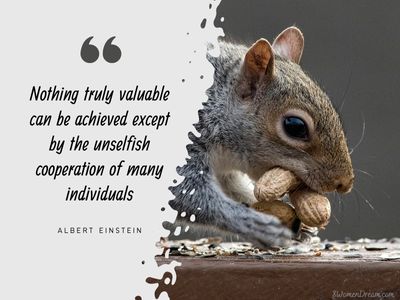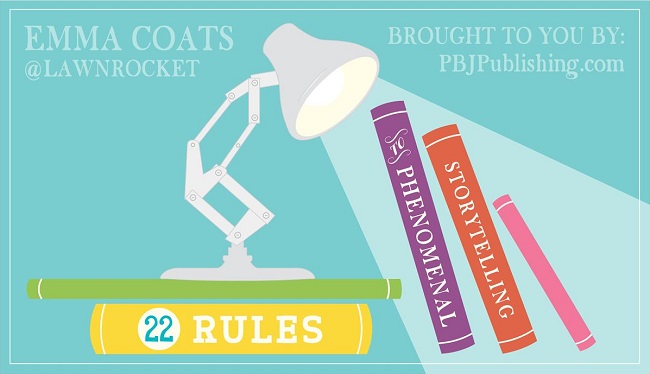Last updated on September 19th, 2022 at 03:32 pm
 I do a lot of reading for this financial literacy dream of mine. In a recent article I was studying, the question was asked: is a little greed a good thing?
I do a lot of reading for this financial literacy dream of mine. In a recent article I was studying, the question was asked: is a little greed a good thing?
The story continues about Jason Zweig, a financial reporter who decided to have his brain scanned while he played gambling games. Zweig learned that anticipating money lit his brain up more than actually getting the money.
In other words, greed–or the anticipating of getting more stuff–is more of a turn-on than acquisition. This is why acquiring things does not put much of a damper on the desire to acquire even more things.
The article points out that from an evolutionary standpoint, greed promotes survival. “When resources are scarce, people who hog more than their fair share will last longer than those who don’t.”
I find this idea a little depressing, and I think it has its limits. Here’s an example of what I mean.
This weekend, Virgo Man (my husband) and I did two things.
- We went salmon fishing. Actually, Virgo Man went with friends on Saturday and took me out on Sunday. Between the two days, we wound up with about 40 pounds of salmon. AFTER the cleaning. We figure the street value at somewhere around $400. Maybe more.
- We alphabetized our freezer. Okay, not literally. But we did clean it out and assign shelves to pork, beef, chicken, and fish. We had to do it, to make room for the salmon. It was like the comedy program Fibber McGee’s closet in there. Open the freezer, and a frozen chicken falls on your foot. But not anymore!
What came of these activities was the jaw-dropping experience of viewing our freezer liberated from its flotsam of freezer-burned Eggos and stray Hot Pockets. Once we had disposed of all the stale old processed food, what we ended up with was truly an embarrassment of riches.
We got free-range chickens whose lips, if they have lips, have never touched soy.
We got pork, ham hocks, and sausages from fine Berkshire hogs.
We got grass-fed beef cuts ranging from ground beef to bavette steaks to pot roasts.
And of course, we got salmon, not to mention shelled Dungeness crab from last season that I totally forgot about.
Given that our friend Mr. Tomatoes has planted the back 40 with more varieties of produce than he could ever consume on his own, Virgo Man and I probably have no need to buy groceries for months, except for dairy, beer, wine (for weekends), and grains.
Mind you, we didn’t go into accumulating this much food out of conscious greed. It just happened. But now that we have such a vast storehouse of perishables, what are we thinking about? Not our good fortune. Not our relief at being fully stocked and not having to buy groceries any time soon. Not about sharing our bounty with our friends and neighbors. Instead, we are thinking about power outages and freezer failures. Anything that would threaten our accumulated assets, it’s got our attention.
We even have an emergency backup plan involving five ice chests, store-bought ice, and generous lardings of rock salt.
And this, friends, is how I think we all know when we have progressed from a little greed (which may be good) to too much greed (which is obsessive and counter-productive).
If you have so much food (or whatever) that you are thinking of it as an asset, and you’re worried about unpredictable and uncontrollable events eroding its value, then you are officially too greedy for your own good.
If you think about it, the deadly sin of greed shows up in just this way in our most honored institutions. Banks are hanging on to mortgage notes for dear life because they can’t imagine letting them go. Companies are clinging to cash reserves instead of investing them in getting the economy–and their growth–going again.
After all, what is greed but the drive to hang onto things that have perceived value, and to fend off any and all threats?
The article says not enough greed is not good for societies, because it breeds people who don’t care about pitching in for the common good. At the same time, too much greed is not good, because everyone is out for him or herself, and anarchy reigns. But where greed is moderate, people tend to cooperate with each other.
“In other words, a little greed is good for society.”
I’d feel a lot better about this if we could come up with a less charged word than “greed.” In my lexicon, greed is never a good thing, not even for the greedy person. Maybe what we’re really talking about here is enlightened self-interest, where I want things for myself, and at the same time recognize a responsibility and an obligation to help others less fortunate, as well as to something larger than myself.
Jayne Speich
Jayne Speich is co-founder of Business Growth Advocate dedicated to the survival and growth of small businesses in the new era.

Enjoy this special 8WomenDream Guest Contributor story submitted by new and experienced big dreamers throughout the world, edited and published to capture a dream perspective from different points of view. Do you have a personal dream story to share with 8WomenDream readers? Click here to learn how to submit dream big articles for consideration.
Note: Articles by Guest Post Contributors may contain affiliate links and may be compensated if you make a purchase after clicking on an affiliate link.




